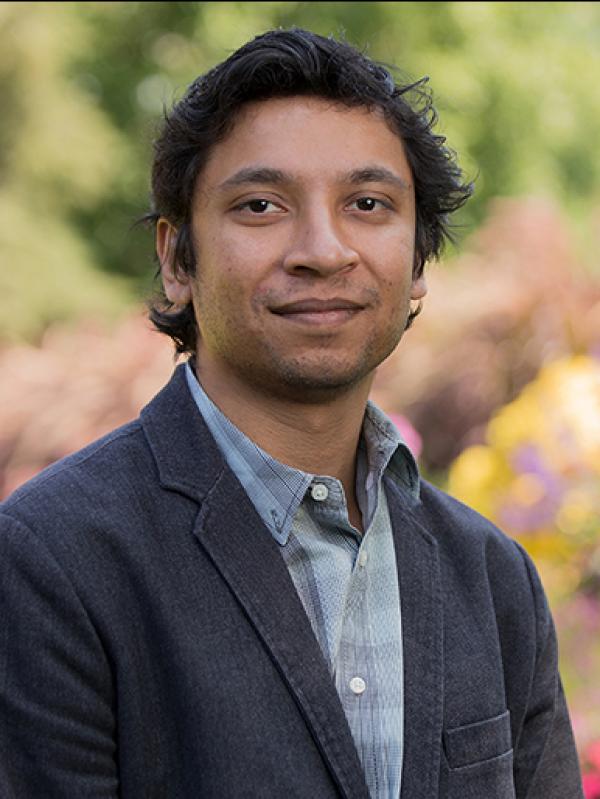Rahul Mukherjee completed his doctoral studies in Film and Media Studies at University of California, Santa Barbara, with graduate emphases in ‘Technology and Society’ and ‘Global Studies’. His academic preoccupations often meander into imaginings about media’s role with(in) alternative futures for/of politics and technology. He has been a fellow at the Center for the Humanities, Utrecht University and Atkinson Center for Sustainable Future fellow at the Society for the Humanities, Cornell University (2017-18).
Drawing on the conceptual lenses of cultural studies, media theory, and science studies, he has written on database management systems, advertising cultures of mobile telephony, Bollywood thrillers, development discourses, chronic toxicity, and translocal documentaries. He has been part of two collaborative projects related to mobile media practices: one concerned with the circulation of locally produced SD-card enabled music videos in parts of India and the other exploring ICT usage in Zambia.
Rahul’s work has appeared in many peer-reviewed journals including New Media & Society, BioScope, Media, Culture & Society, Science, Technology and Human Values, Communication and Critical/Cultural Studies (with Lisa Parks), and Asiascape: Digital Asia (with Abhigyan Singh). His book titled “Radiant Infrastructures: Media, Environment, and Cultures of Uncertainty” (Duke University Press, Apr 2020) involves mediations of debates/controversies related to radiation emitting technologies such as cell antennas and nuclear reactors. Rahul’s second book project “Unlimited: Aspirational Politics and Mobile Media Distribution” examines aspirational mobilities unleashed by mobile media technologies (under contract with MIT Press). Some of his recent research interests include the fintech sector, especially mobile money movements supported by Finance as a Service (FaaS). Rahul received the Nicholas C. Mullins award from the Society for Social Studies of Science in 2014.
At Penn, Rahul is part of the Digital Humanities and Environmental Humanities initiatives. He has been an editor for the Journal of Visual Culture (Nov 2019-June 2021) and serves on the editorial advisory board of Journal of Environmental Media, Platforms & Society, and Media + Environment. Rahul recently co-edited special issues (for Asiascape) related to platform economy and everyday life and (for Media, Culture & Society) about super apps and megacorps.

